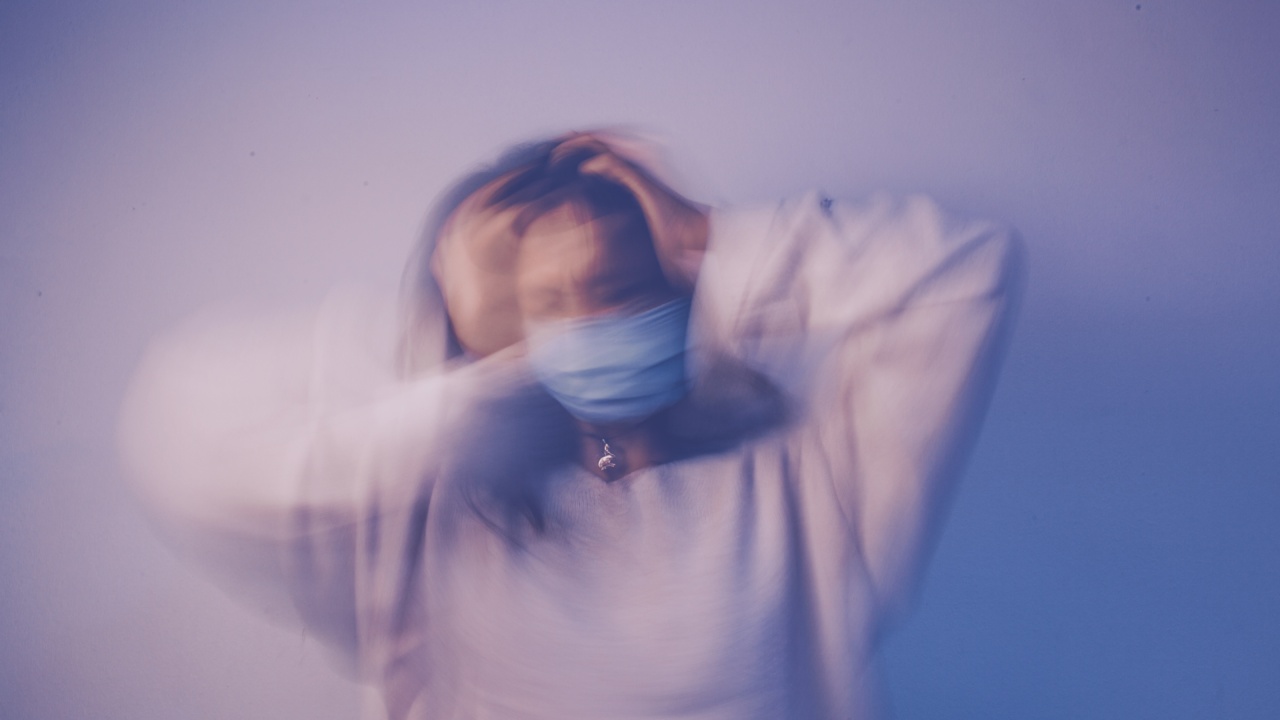Postpartum depression affects many new mothers around the world. This can be a crippling condition that can have a significant impact on their lives. Fortunately, there are many ways to prevent this from happening.
In this article, we will look at five ways to prevent postpartum depression.
1. Build a support network
Having a strong support network is essential for new mothers. This can include family members, friends, or other new mothers. These people can help provide emotional support, advice, and practical assistance.
They can also help you identify the signs of postpartum depression and encourage you to seek help if needed.
2. Exercise regularly
Exercise is an excellent way to prevent postpartum depression. Regular exercise can help reduce stress and improve mood. It is also a great way to get back into shape after having a baby.
You don’t have to do anything too strenuous; even a simple walk around the block can be beneficial. Additionally, exercising with other new mothers can help you build a support network.
3. Eat a healthy diet
Eating a healthy diet is crucial for physical and mental wellbeing. It can help prevent postpartum depression by providing your body with the nutrients it needs to function correctly.
A healthy diet should include plenty of fruits, vegetables, whole grains, lean protein, and healthy fats. Additionally, staying hydrated is essential, so be sure to drink plenty of water.
4. Get enough sleep
Sleep is essential for maintaining physical and mental health. However, new mothers often find it difficult to get enough sleep. To help prevent postpartum depression, try to get as much sleep as possible.
This can be challenging with a newborn, but it is crucial to prioritize sleep whenever possible. You can also ask your partner, family members, or friends for help to ensure you get enough sleep.
5. Seek professional help if needed
If you are experiencing symptoms of postpartum depression, it is essential to seek professional help. A doctor or mental health professional can provide a diagnosis and recommend the appropriate treatment.
This may include therapy, medication, or a combination of both. You should never feel ashamed or embarrassed to seek help. Remember that postpartum depression is a medical condition that affects many new mothers.





























